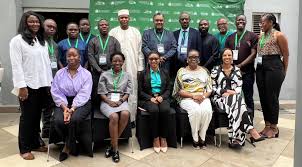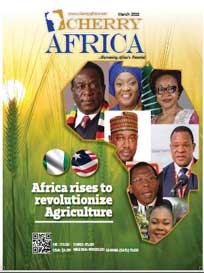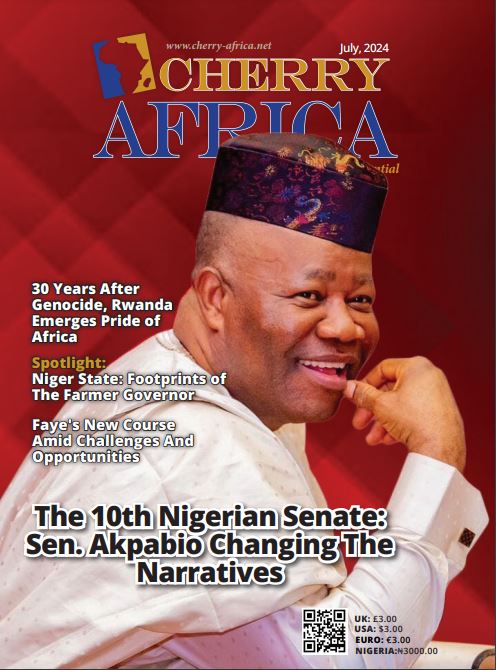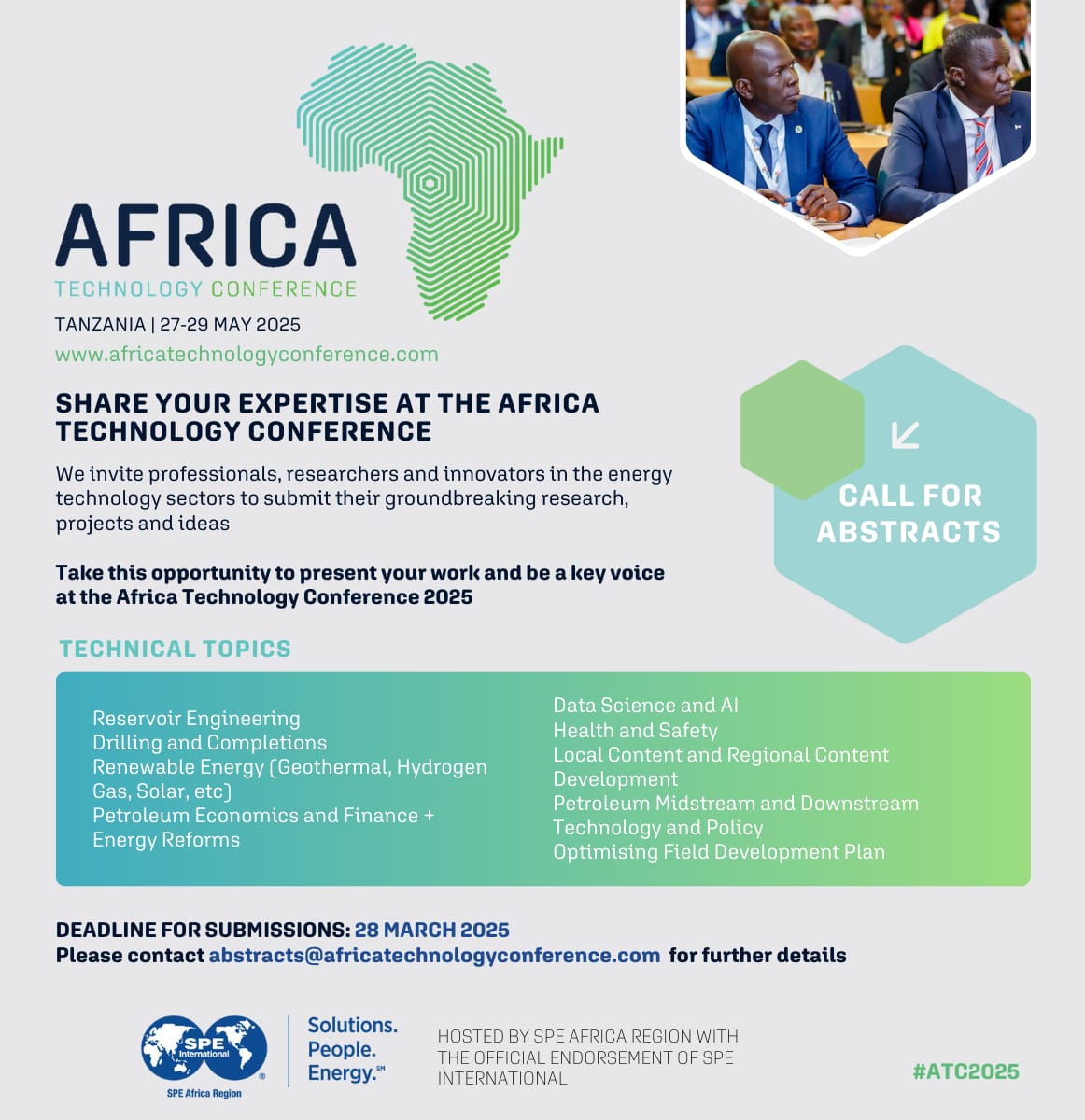Economic Cultural and Social Council (ECOSOCC) of the African Union (AU) convened a ‘Drafting Workshop to develop a CSO Policy Paper on Unconstitutional Changes` of Government (UCG) for Consideration by the African Union Peace and Security Council (PSC)’ on June 8 to June 10, 2023.
The workshop was held under the framework of the European Union African Peace and Security Architecture (APSA) IV Programme, jointly implemented by the Common Market for Eastern and Southern Africa (COMESA), as part of ECOSOCC’s commitment to enhance the participation of African Civil Society in the APSA.
The convening of the drafting workshop was a direct and purposeful response to the recommendations derived from the 2022 Citizen’s Forum on ‘Democracy and Unconstitutional Changes of Government,’ orchestrated by ECOSOCC. The workshop was an invaluable platform that fostered meaningful citizen engagement within the broader continental dialogue on democracy and the persistent challenges posed by unconstitutional changes of government in Africa. With a keen focus on the recent surge of UCG incidents across the continent, the workshop amplified the crucial role that civil society plays in bolstering the endeavours of continental and regional institutions to effectively address and mitigate this pressing issue.
Speaking at the opening of the workshop, Mr. Kyeretwie Osei, Head of Programmes at ECOSOCC, underscored the urgency of addressing UCG in Africa. He acknowledged the escalating incidents of UCG in the Western African region in recent years and recognized the need to find comprehensive solutions.
Mr. Osei highlighted a number of initiatives that had already been undertaken by the AU including the Reflection Forum held in Accra in 2021, the Extraordinary Summit on UCG in Malabo in 2022, and the Citizens Forum on UCG in July 2022, which served as a complementary effort by ECOSOCC to combat the phenomenon from a civil society perspective. In spite of these ongoing actions and dialogues, the issue of UCG remains critical and demands heightened measures and concerted collaborative efforts.
The primary objective of the drafting workshop was to follow up on the outcomes of the Citizens Forum and generate a policy paper that would adopt a solution-oriented approach. Mr. Osei stressed the importance of understanding the root causes of UCG to develop effective solutions that would address the underlying problems. Furthermore, he highlighted the need to identify and rectify the inherent shortcomings within existing continental frameworks on UCG, thereby ensuring their genuine reflection of the issue and efficacy. In a similar vein, an additional point of contention raised revolved around the over reliance on punitive sanctions, which often resulted in hardship on citizens without effectively deterring future recurrences. Accordingly, the policy paper developed during the workshop sought to not only capture and tackle the issues that have contributed to the ineffectiveness of prevention endeavours but also functioned as a tool for informing decision-making, establishing policy priorities and guiding policy development for AU and its member states.
Considering the context surrounding the meeting, Mr Osei stressed the fundamental significance of Civil Society Organizations (CSOs) in providing advisory input to policy organs, leveraging their specialised knowledge and experience in the field.
In his opening remarks, Mr. Louis Sissoko, ECOSOCC’s Chair of the Political Affairs Cluster highlighted the profound and pervasive challenges posed by UCG in Africa. This troubling phenomenon has witnessed a surge in recent times, characterised by a series of military coups against democratically elected governments, interventions by mercenary forces seeking to supplant governments, the usurpation of power by armed dissident groups and rebel movements, and the refusal of incumbent governments to relinquish power following free, fair, and regular electoral processes.
These flagrant occurrences, as Mr Sissoko expounded, have had far-reaching consequences, adversely affecting citizens and impeding socio-economic development of the countries involved. Moreover, the implications for social cohesion, peace, and the security of citizens, as well as their individual and collective freedoms, cannot be underestimated.
“It is concerning that, despite the existence of numerous texts, treaties, conventions, protocols, and other instruments, regional and continental bodies have encountered formidable challenges in effectively combating unconstitutional changes of government and finding lasting, effective solutions. Therefore, it is imperative to uncover the underlying causes behind UCG and identify appropriate solutions,” he said.
Amb. Salah Hammad, Head of AGA-APSA Secretariat, stressed the need for a united and proactive approach to tackle UCG effectively.
“The convening of the Drafting Workshop marks a critical milestone in the ongoing efforts to address this pressing issue in Africa, and reaffirm ECOSOCC’s unwavering commitment to enhancing the participation of African Civil Society in the APSA,” he said.
Following an intensive three-day drafting session, the workshop concluded with the production of a Zero-Draft policy paper. The document encompasses impact-driven and solutions-oriented recommendations, as well as policy considerations, all of which reflect the diverse perspectives of civil society. It is poised to resonate with the Peace and Security Council of the AU, serving as a catalyst for decisive action.
The Zero-Draft policy paper provides invaluable insights into the essential tools and perspectives necessary to address the root causes of UCG. It highlights the pressing need to rectify deficiencies in current frameworks and calls for a transformative shift away from punitive sanctions. Instead, the emphasis is placed on cultivating sustainable solutions that effectively protect the fundamental rights, security, and freedoms of African citizens.
The successful conclusion of the workshop further exemplified the pivotal role played by ECOSOCC through collaborative efforts and engagement with partners and stakeholders.
ECOSOCC has demonstrated unwavering dedication to addressing the complex challenges of UCG and fostering a more democratic, stable, and prosperous Africa. Moreover, it has provided a platform for elevating the indispensable role of CSOs’ in advising policy organs and nurturing African solutions to African problems. By amplifying the voices of African civil society at decision-making levels, the workshop epitomised the potential for lasting change through collective action and collaborative endeavours.















